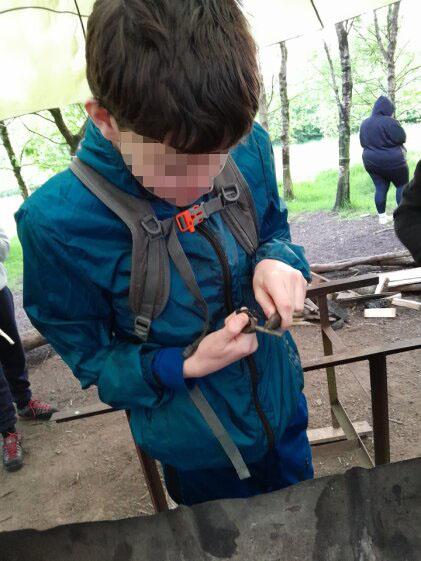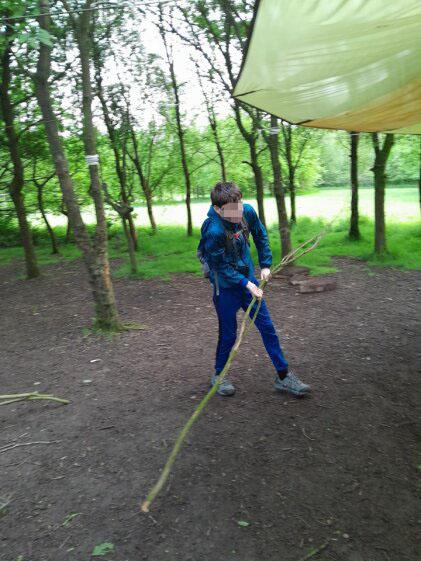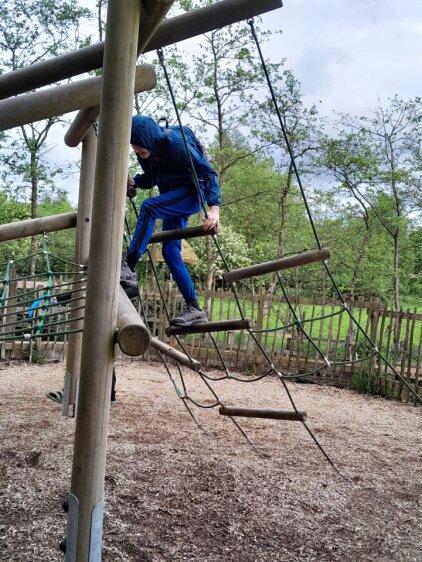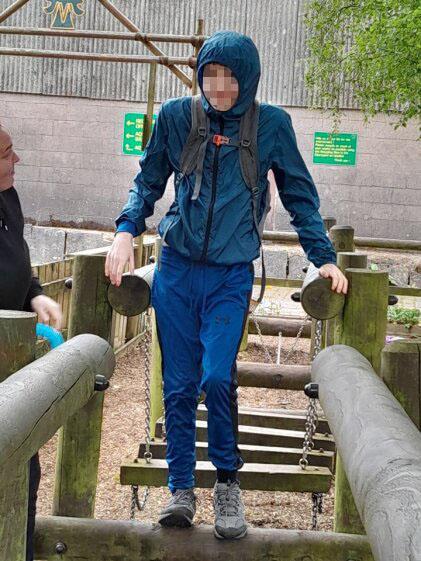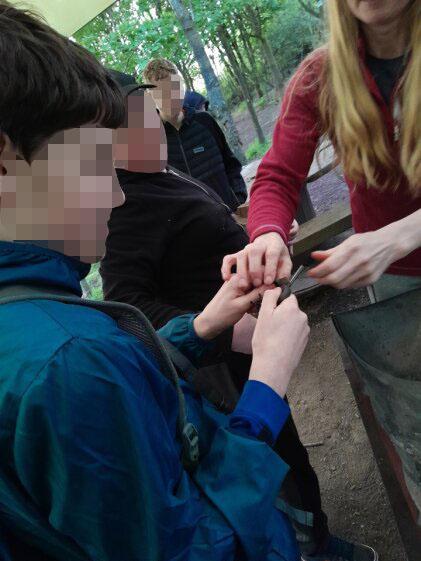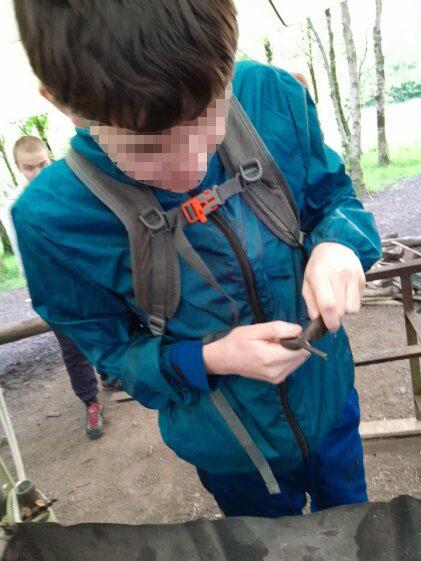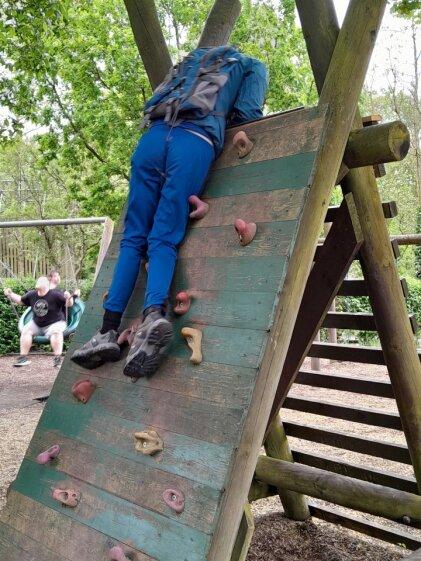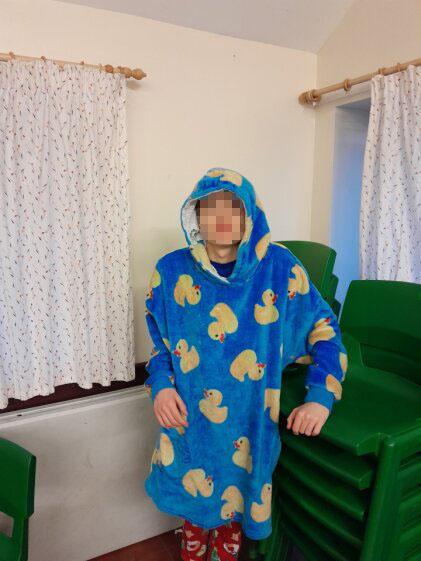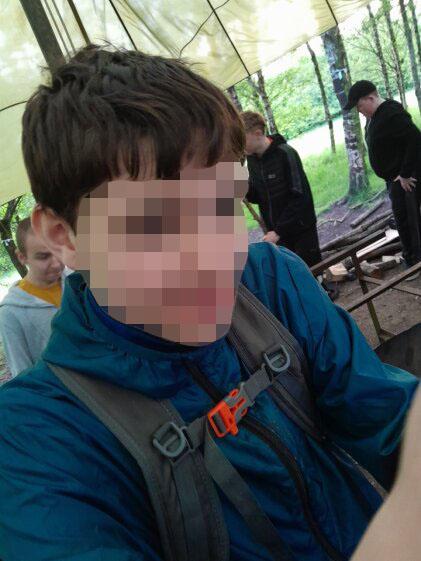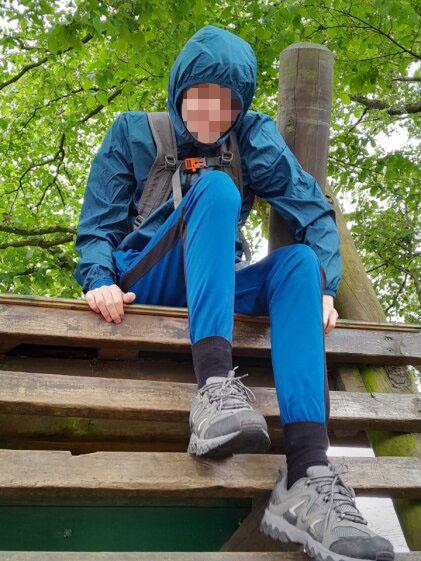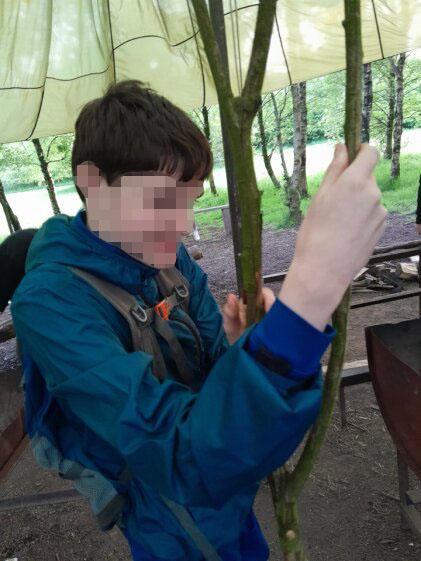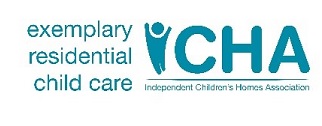The Importance of Residential Activities for Children in Care
Residential activities for children in care, such as the Duke of Edinburgh Award, play a crucial role in their development and well-being.
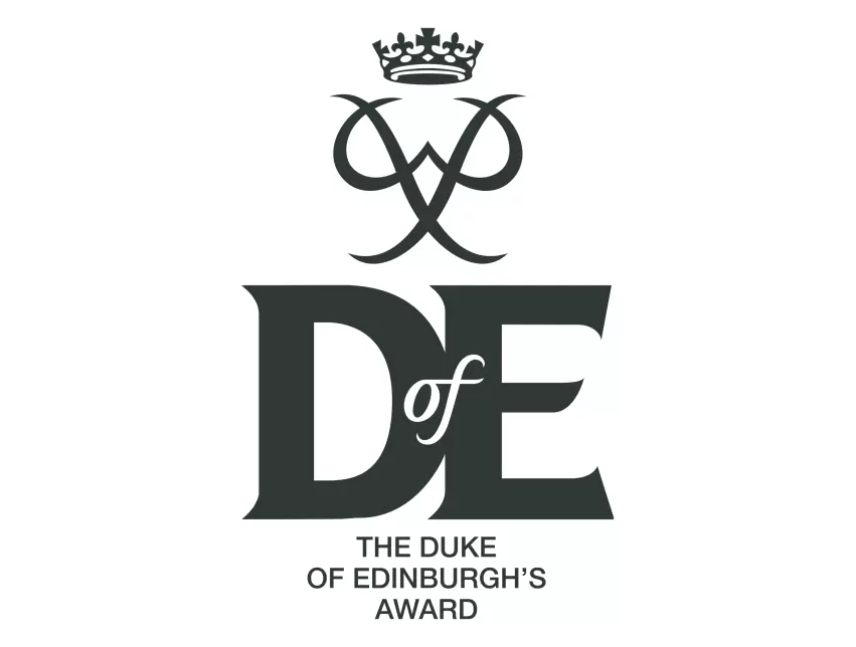
These experiences promote resilience, independence, and social skills, providing invaluable benefits that extend far beyond the duration of the activity.
This article explores the importance of such activities, highlights a recent success story from Douglas House, and discusses the broader implications for children’s residential care.
The Value of Residential Activities for Children in Care
Building Resilience and Independence
Residential activities are vital in fostering resilience and independence among young people in care.
These activities challenge them to step out of their comfort zones and face new experiences without the immediate support of their usual caregivers.
The skills and confidence gained during these experiences are crucial for their personal development and future independence.
Enhancing Social Skills
Participating in group activities, such as orienteering or fire building, requires teamwork, communication, and collaboration.
These experiences help young people develop essential social skills, including problem-solving, leadership, and the ability to work effectively with others.
These skills are not only beneficial in their immediate environment but also essential for their future interactions and relationships.
Promoting Physical and Mental Well-being
Engaging in outdoor activities promotes physical health through exercise and exposure to nature, which has been shown to reduce stress and improve mental well-being.
Activities like hiking, orienteering, and camping provide a break from the routine and offer a therapeutic environment for young people to relax and rejuvenate.
Encouraging a Sense of Achievement
Completing a structured programme, such as the Duke of Edinburgh Award, provides a sense of accomplishment and boosts self-esteem.
The recognition and awards received at the end of such programmes serve as tangible evidence of their efforts and achievements, fostering a sense of pride and motivation to pursue further goals.
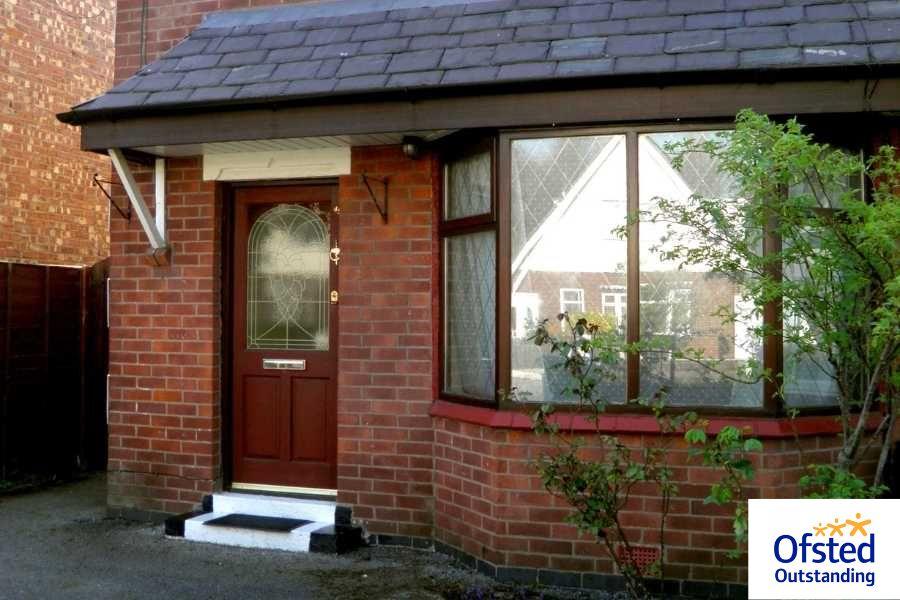
Case Study: Douglas House Success Story
At Douglas House, one of our Ofsted Outstanding homes, one of our young residents celebrated a significant achievement by completing a three-day residential trip to earn his Bronze Duke of Edinburgh Award.
To gain the award, the young person participated in a range of activities, including orienteering and fire building, which were completely outside his usual experiences and comfort zone.
Throughout the three days, he demonstrated remarkable resilience and adaptability, despite never having been away from home without his usual care staff.
His ability to embrace the new environment and thrive in the face of challenges was commendable. So much so, that by the end of the three days, he didn’t want to come home.
This achievement not only highlighted his personal growth but also underscored the importance of providing such opportunities for all young people, especially those in care.
The Broader Implications for Children’s Residential Care
Supporting Holistic Development
Residential activities contribute to the holistic development of young people, addressing their physical, emotional, social, and cognitive needs.
These activities provide a balanced approach to growth, ensuring that young people are well-rounded individuals prepared for various life challenges.
Creating Positive Memories and Experiences
For many young people in care, positive memories and experiences can be scarce.
Residential activities offer opportunities to create lasting memories that they can look back on with pride and joy.
These experiences can have a profound impact on their overall well-being and outlook on life.
Enhancing Caregiver-Child Relationships
Shared experiences during residential activities can strengthen the bond between caregivers and young people.
These activities provide a context for positive interactions and mutual support, fostering trust and a sense of security.
Encouraging Future Participation
Success in programmes like the Duke of Edinburgh Award can encourage young people to participate in further activities and pursue other interests.
This ongoing engagement is crucial for their continuous development and helps them build a positive trajectory for their future.
Conclusion
The benefits of residential activities for young people in care are multifaceted and far-reaching.
From building resilience and independence to enhancing social skills and promoting well-being, these activities play a critical role in their development.
The success story from Douglas House is a testament to the transformative power of such experiences.
As we continue to support and provide these opportunities, we pave the way for brighter futures for all young people in care.
The benefits of residential activities for young people in care are multifaceted and far-reaching.
From building resilience and independence to enhancing social skills and promoting well-being, these activities play a critical role in their development.
The success story from Douglas House is a testament to the transformative power of such experiences.
As we continue to support and provide these opportunities, we pave the way for brighter futures for all young people in care.
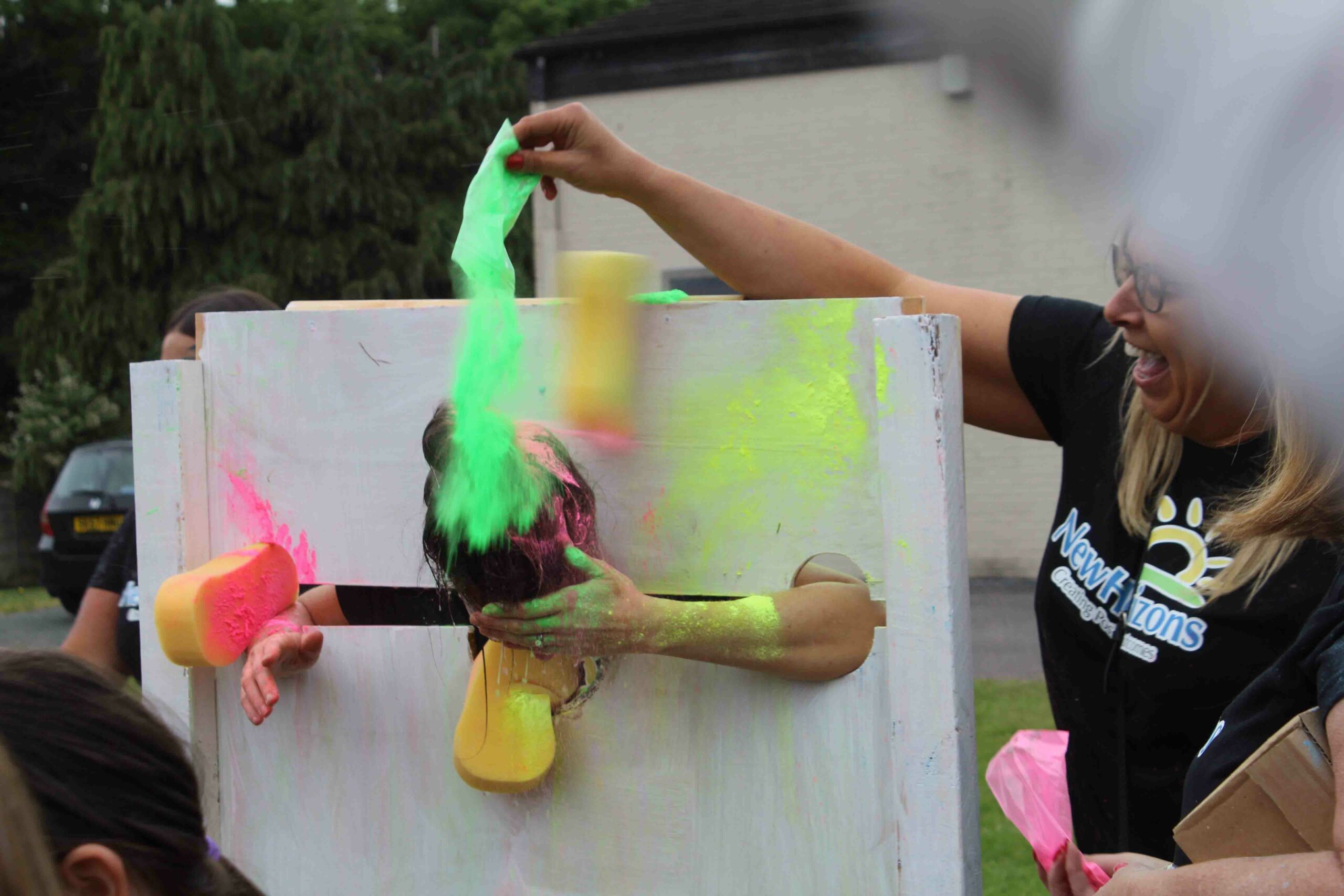
Join Our Mission:
We are seeking enthusiastic, empathetic, and driven individuals to join our team.
Whether you’re starting a new career or seeking a role with more meaning, New Horizons (NW) offers a path filled with rewards and possibilities.
We are currently hiring for various positions across Sefton and Lancashire.
Reach out to learn more about a career in residential children’s care, complete our online form and Bryony will call you back, or call 01704 518915.

